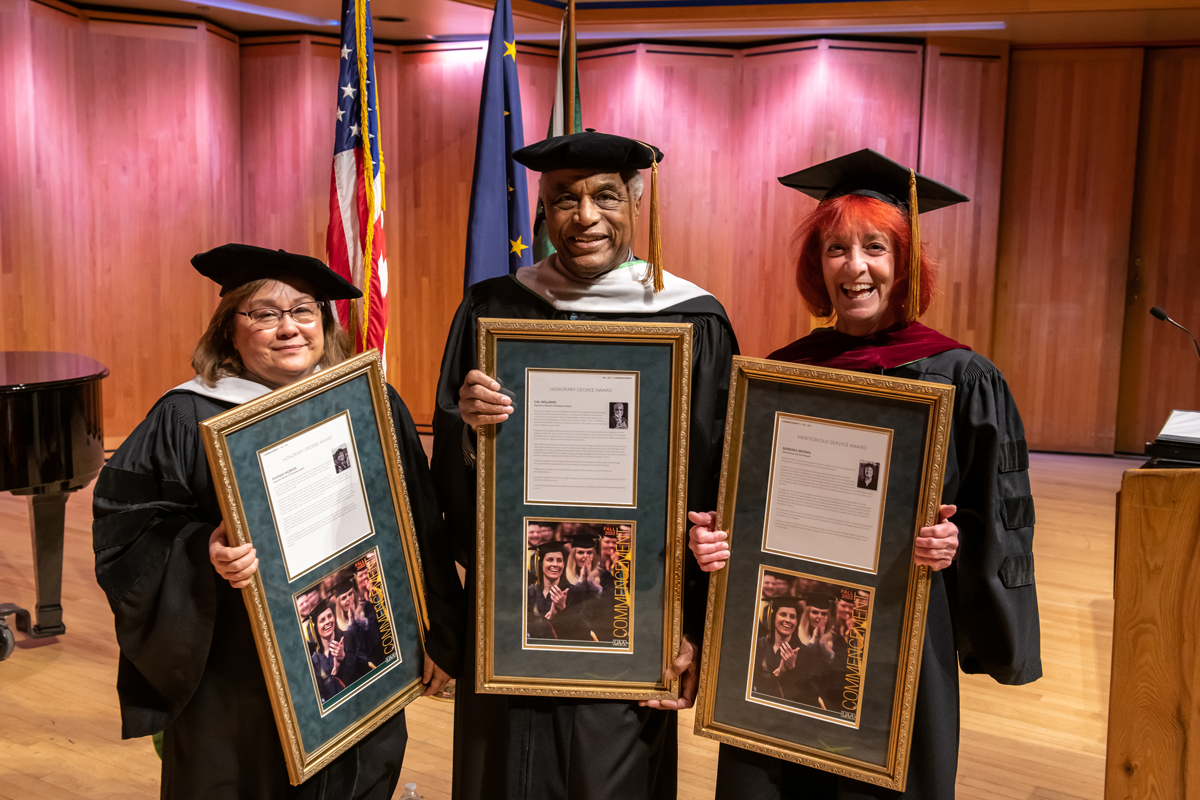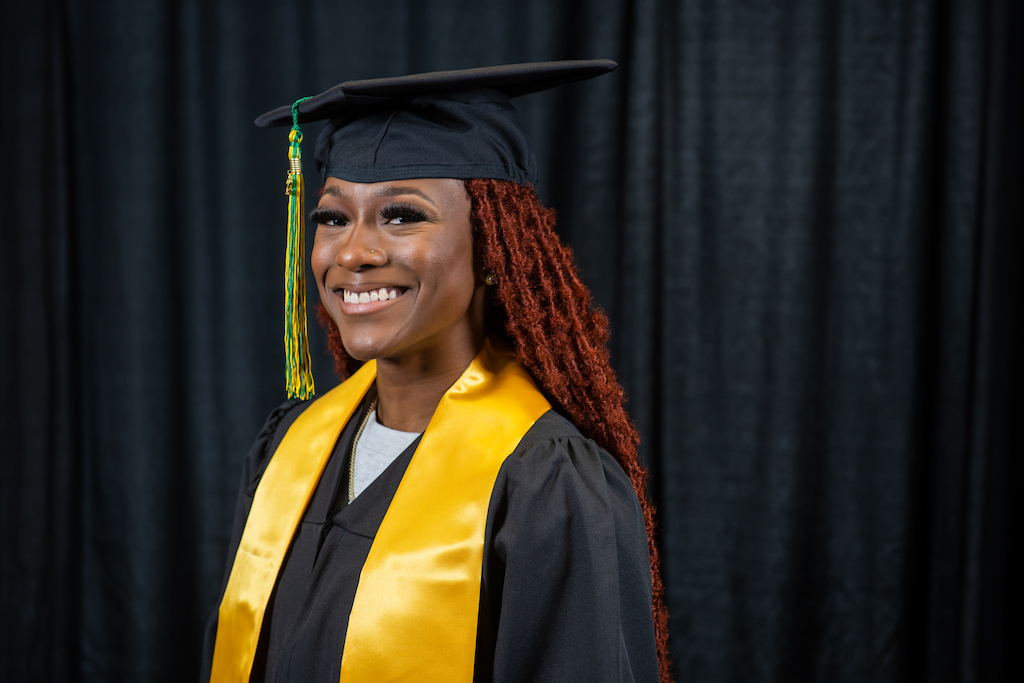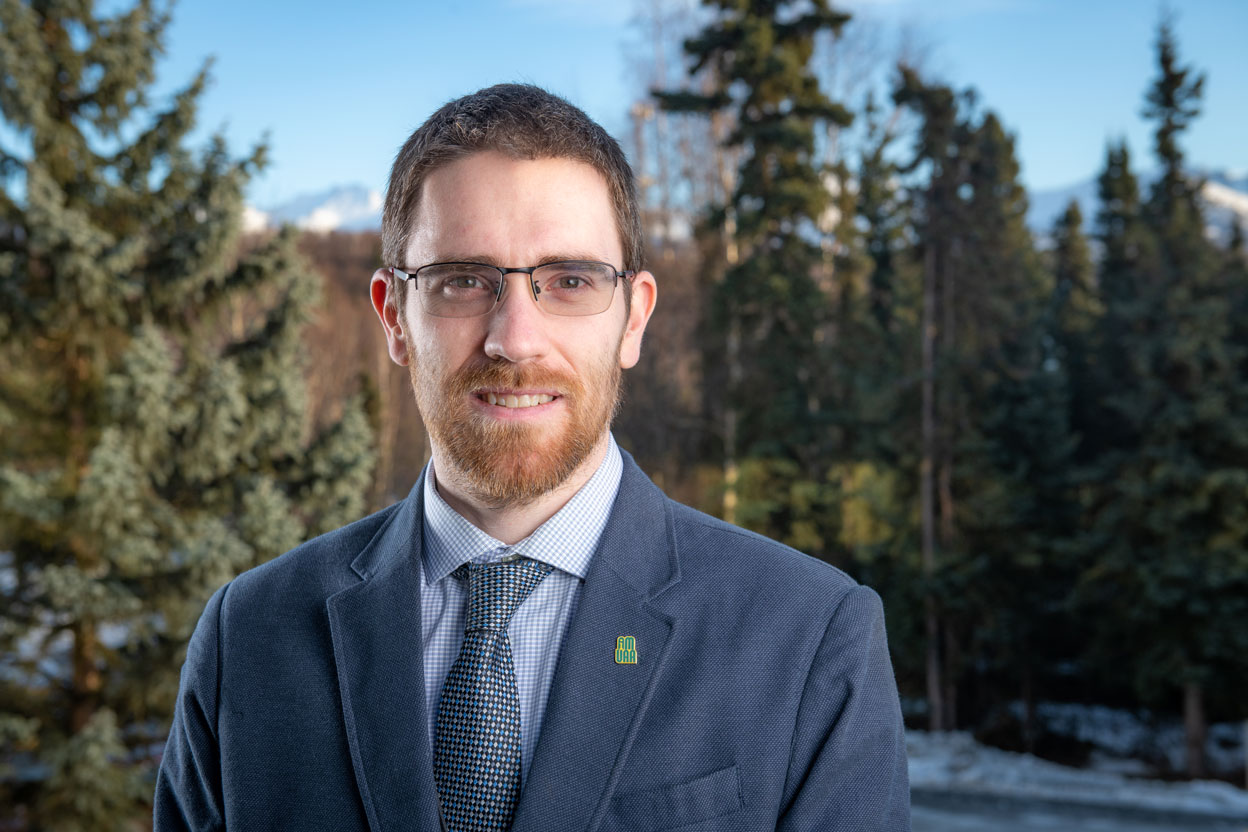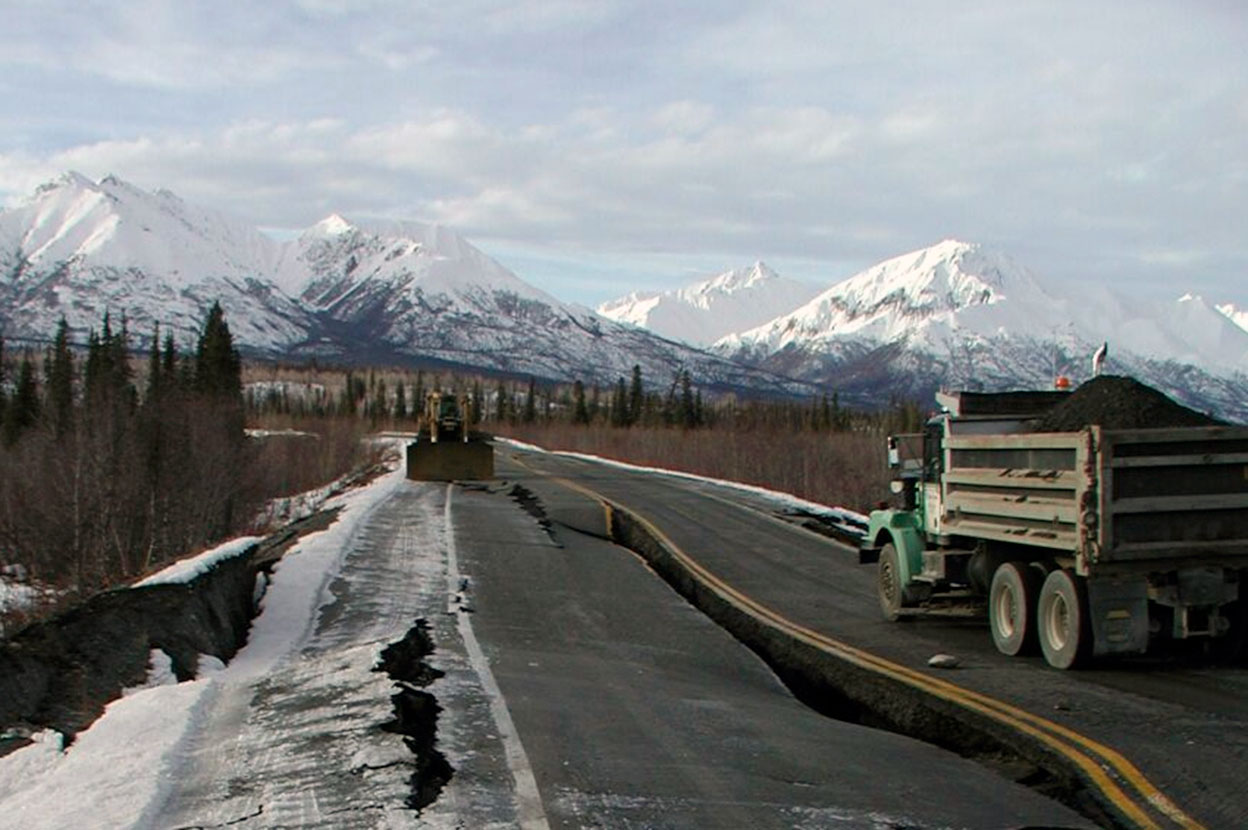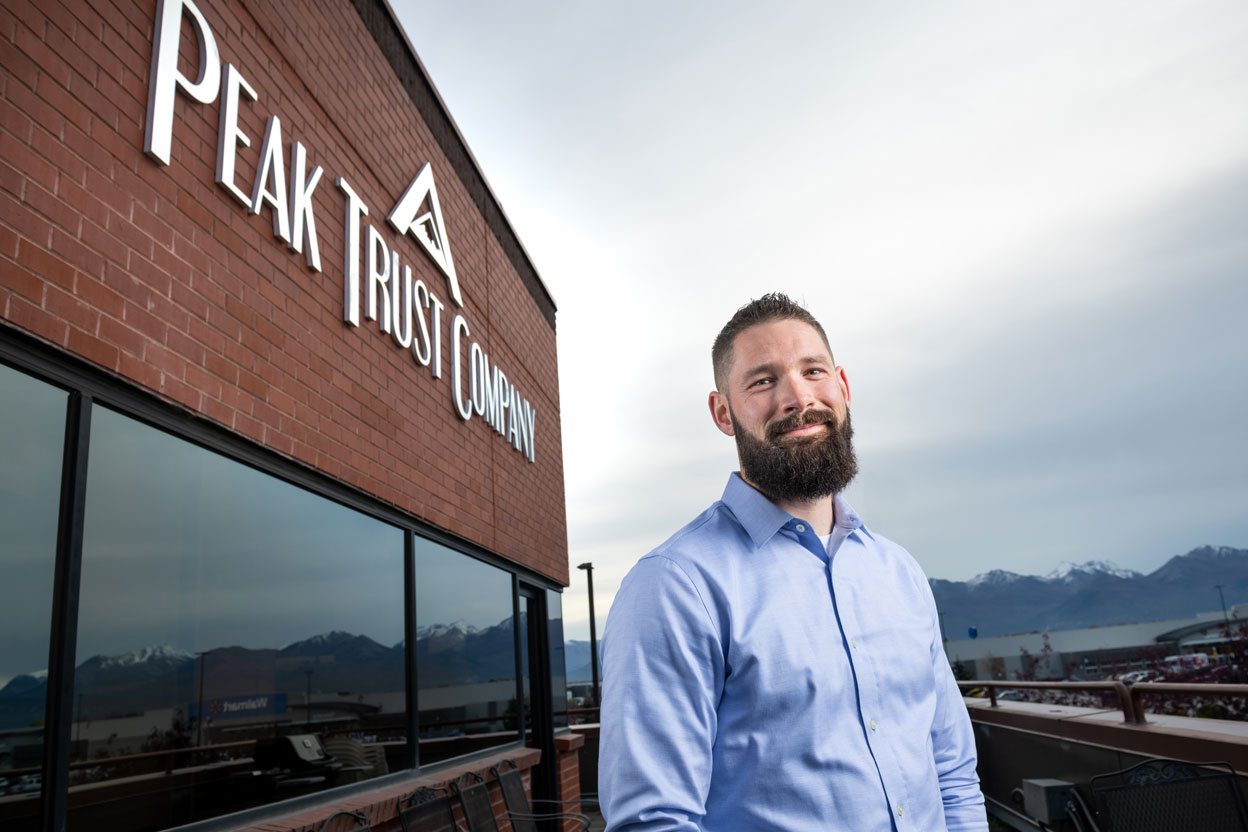Exploring Alaska's microbe frontiers
by James Evans, Chief of Photography and Videography |
View the slideshow on SmugMug.
(All photos by James Evans, Chief of Photography and Videography, University of Alaska
Anchorage)
In mid-June, students in UAA Biological Sciences Professor Brandon Briggs' lab, including UAA undergraduate researchers and students in the UAF-UAA Cooperative Biological Sciences Ph.D. program, took a road trip across southern Alaska to sample microorganisms in the meltwater and soils of glaciers and mine tailings in Thompson Pass, near Valdez, and in Kennecott Mines National Historic Landmark.
The trip was the latest in Briggs Lab’s yearly expeditions around Alaska as the lab studies the microbes and microbial processes associated with extreme environments in polar regions. By looking at how these “extreme microbes” respond to and manipulate their environments, the researchers hope to better understand how glaciers change over time. They also hope to identify ways humans can potentially make use of the unique abilities that the microorganisms have evolved.
For Kodi Haughn, a Ph.D. student who earned her undergraduate degree at UAA, the trip was a continuation of years of passionate research focusing on glaciers and the microbial communities they support. It was also a kind of warm up for an upcoming expedition in which she and Briggs will study the microbes living in an even more extreme environment: under the ice of Antarctica.
 "Exploring Alaska's microbe frontiers" is licensed under a Creative Commons Attribution-NonCommercial 4.0 International License.
"Exploring Alaska's microbe frontiers" is licensed under a Creative Commons Attribution-NonCommercial 4.0 International License.










